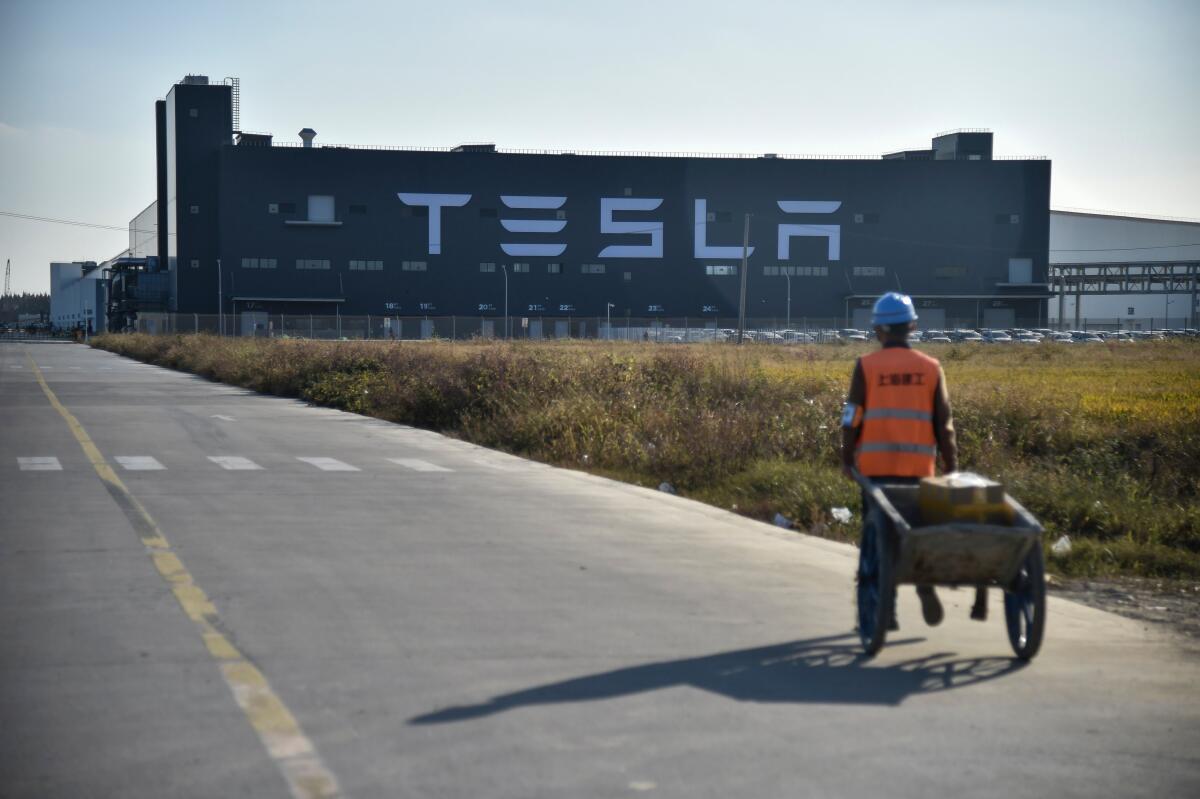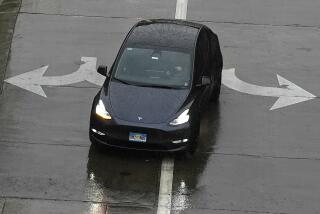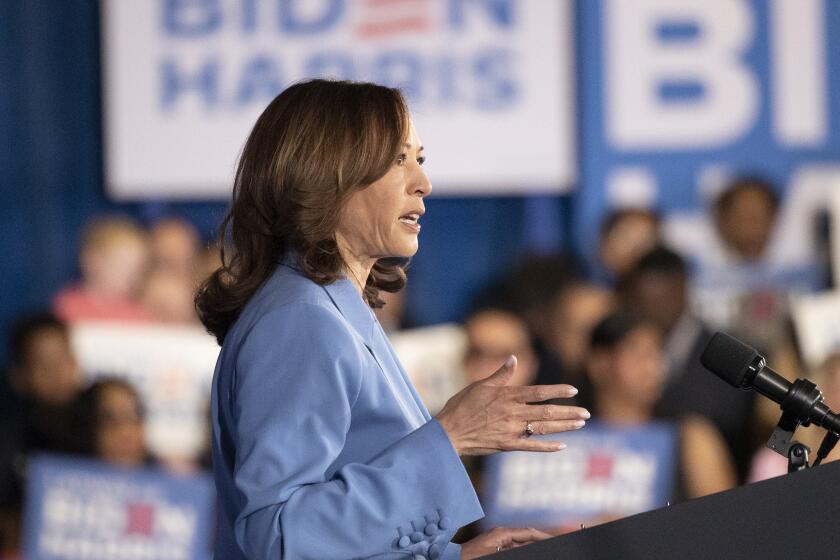Tesla halted plan to buy land in Shanghai due to U.S.-China tensions, report says

Tesla Inc. halted a plan to buy land in Shanghai to expand its manufacturing plant and turn it into a worldwide export hub because of trade tensions between China and the U.S., Reuters reported.
U.S. tariffs of 25% on electric cars imported from China — imposed under former U.S. President Trump — mean Tesla now plans to restrict the proportion of its global production that’s made in China, the report said, citing people familiar with the matter.
The California-based carmaker had been considering exporting Shanghai-made Model 3s to more overseas markets including the U.S., Reuters reported. Tesla’s shares fell 3.7% in U.S. pre-market trading.
In a statement to Reuters, Tesla said its Shanghai factory was “developing as planned.”
Tesla’s plan to buy the extra land, about half the size of the company’s existing 200-acre site, hadn’t been previously disclosed. The extra acreage would have allowed the company to increase manufacturing capacity, Reuters said.
The U.S. and China are at odds over a variety of topics, including allegations of human rights abuses in the western Xinjiang region and Beijing tightening its political grip over Hong Kong to high-tech supply chains.
Some in China had been optimistic that the relationship with the U.S. would would improve under PresidentBiden, but the administration is expected to preserve limits on U.S. investments in certain Chinese companies imposed under Trump.
Amid the tensions, Tesla’s sales in China dropped last month, a report showed Tuesday. Tesla sold 25,845 locally made vehicles in April, down from 35,478 units in March, according to the China Passenger Car Assn.
Exports of Tesla’s China-made electric cars, meanwhile, were robust, an encouraging sign of increasing demand in Europe. Some 14,174 EVs were exported from the Shanghai gigafactory, due in part to demand from the European market, the association said.
More to Read
Inside the business of entertainment
The Wide Shot brings you news, analysis and insights on everything from streaming wars to production — and what it all means for the future.
You may occasionally receive promotional content from the Los Angeles Times.










